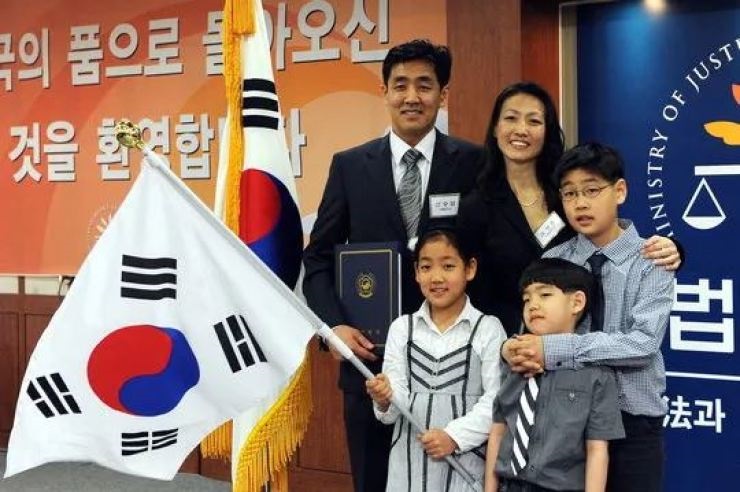
A friend sent me this opinion piece from the Korea Times, “The second generation: A story of Korean adoptees’ child,” written by Bastiaan Flikweert (Shin Seo-vin). Flikweert was born in the Netherlands, the biological son of two Korean adoptees who grew up in the Netherlands, married, and later moved with Bastiaan and the rest of their family to South Korea to reconnect with their roots.
In the essay, Bastiaan Flikweert discusses the ripple effect of adoption—particularly how his Korean parents’ adoption by Dutch parents affected him. He describes his Dutch childhood:
“I looked different and was bullied… I had a hard time explaining to my peers on the playground that my parents were adopted and that I, therefore, was Dutch. Why did I have to explain myself in the first place? Were my parents not ordinary Dutch people? It took me a while to realize that most people did not see it that way: To them, I was a second-generation immigrant…. My parents did not choose to come here in the first place! Why are they not seen as just Dutch people? They were adopted! Well, it turned out that adoption was the problem.”
Flikweert also writes:
“[My] parents’ quest for ‘belonging’ was a burden that I was going to carry with me my whole life… The reason why we as a family moved to Korea in the first place was that my parents wanted to grant us, their children, a childhood in Korea ― an experience they thought they had been robbed of. For a long time, I resented my parents…. Was I Korean or not? Did Korea ever fully accept me? I wasn’t adopted, so why did I have to struggle with these questions?”
Some of his observations are specific to the experience of adoption from Korea, but many are universal to adoptees everywhere. Flikweert concludes his essay by calling for a deeper examination of the multi-generational ramifications of international adoption, which he notes have been overlooked in the “increasing critical adoption scholarship”:
“As a child of two transnational adoptees, I am aware that the so-called ‘second generation’ is even more diverse than the first. While my siblings and I were lucky enough to experience life in Korea… most children do not have this opportunity. They grow up as ‘half-bloods’, unable to fully explain their heritage. This is a distinctly different experience from that of the “kyopo” (Korean diaspora) or “honhyeol” (mixed blood) because neither of the parents has a meaningful connection to Korean culture and language.”
I appreciate the candor of Flikweert’s essay and always learn something when people touched by adoption in any way share their perspective. Read the essay here.
Photo credit from The Korea Times:
In this 2011 file photo, Bastiaan Flikweert poses with his family during the Ministry of Justice’s event celebrating reinstatement of nationality for Koreans who were adopted overseas as babies. Courtesy of Bastiaan Flikweert